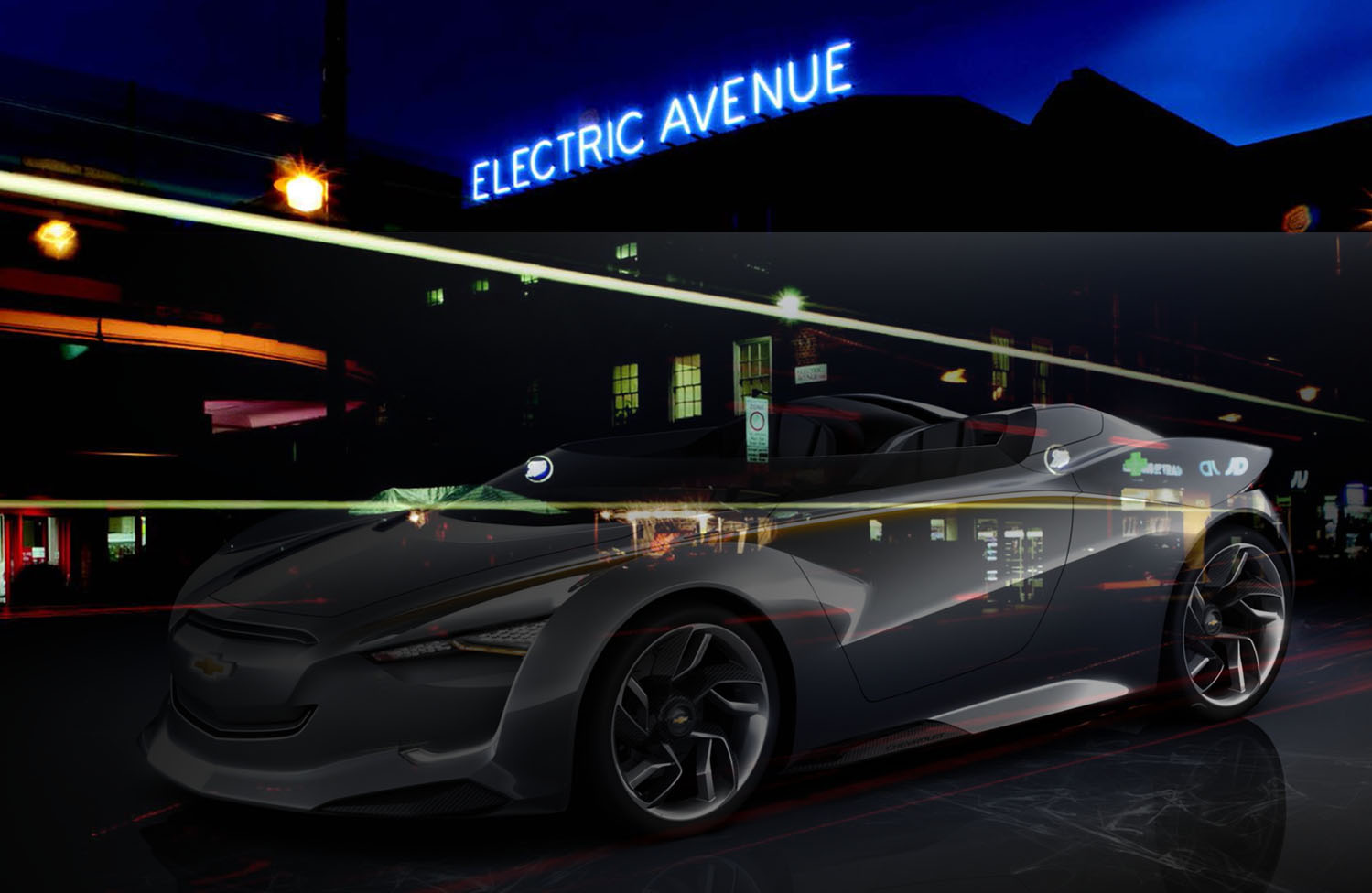GM’s Tire Screech
Early last week, General Motors (GM) took over the headlines when the company announced plans to shut down five of its US factories and eliminate the jobs of over 14,000 people over the course of the next two years. GM (GM) claimed that their reasoning for the factory shutdowns and firing spree was due to dwindling consumer interest in cars like the Chevy Cruze, and the move would free up $6 billion for the company to play with. In direct retaliation to the move made by the automaker, the White House said Monday that it will be enacting policies to eliminate corporate subsidies for manufacturing and purchasing electric cars. As it stands, automakers get anywhere from $2,500 to $7,500 subsidy in the form of a tax credit for consumers for their first 200,000 electric vehicles, according to Vox. As of recent, Tesla (TSLA) already hit their cap for these subsidies and GM (GM) will soon do the same.
Several auto experts have pointed out that the very notion that automobile manufacturers are hitting their electric vehicle subsidy caps is an indication of significant visceral changes occurring in the automotive industry. Nearly a decade ago, America was fighting its way out of the worst recession since the Great Depression, and yet, I distinctly remember consumers flocking in droves to GM (GM) dealers to purchase heavily discounted Hummers and other large SUVs. Nowadays, you can count on one hand the number of drivers who purchase new Hummers, whereas you see so many hybrids and electric vehicles that you have to check your phone calendar to make sure you aren’t in the future.
It’s Electric!
According to recent statistics released by InsideEVs, nearly one million electric vehicles have been sold in the US since December 2010 through the end of September 2018. The report projects there will be 18.7 million electric vehicles driving on US roads in the next ten to twelve years. The original plan was for the auto industry to hit one million EVs by 2015, but I believe its fair to say that former President Barack Obama and President Donald Trump have different perspectives on the future of our planet’s climate and what it means to be ‘energy efficient.’ This concept is clear when we consider the fact that Trump was so distraught with the loss of 14,000 automotive jobs that he threatened the entire automotive sector by taking away their precious electric vehicle subsidy.
“As a matter of our policy, we want to end all of those subsidies. And by the way, other subsidies that were imposed during the Obama administration, we are ending, whether it’s for renewables and so forth.”
–Larry Kudlow, White House Economic Adviser
However threatening Trump’s subsidy ploy may be, it is only matter of time before the Democrats take control of the House in January, and I’d wage a reasonable sum of money that they will most likely contest the President’s threat, as well as potentially push for even more incentives for alternative-fuel vehicles/technology. Where Trump will find success in stifling the creation of electric vehicles all goes back to his recent adoration of imposing tariffs. President Trump’s tariff-spree has spurred an ongoing trade war with China, caused a commotion in the global crude market, and if his proposed tariffs on steel and aluminum take effect, this will undoubtedly disrupt the automotive sector.
President Trump Unplugged
Is it the opinion of this journalist that President Trump’s disdain with electric vehicles has little to do with General Motors’s layoff or the unpleasant blip from his history where he was run over by a silent, slow-moving Prius. Trump has worked very hard to cement the United States as “the world’s largest crude oil producer” and according to the U.S. Energy Information Administration (EIA), 140.43 billion gallons gasoline are used in America, alone, each year. If automakers and consumers receive incentives for opting towards electric vehicles, this will undoubtedly have an effect on the revenue streams of global oil producers, ultimately resulting in an unhappy President Trump.
It’s no longer a question of whether an energy source is profitable, but rather is it renewable, sustainable, will it adversely affect our planet’s climate? Eventually, we will run out of fossil fuels, it’s just a fact. The inconvenient truth is if we continue to make it harder, i.e. more expensive, for automakers to produce energy-efficient vehicles, this will keep the price point of these vehicles at a substantially higher cost than gas-powered cars for consumers.
The future is electric, but first, we need to wean ourselves off the pump and switch to the plug.





